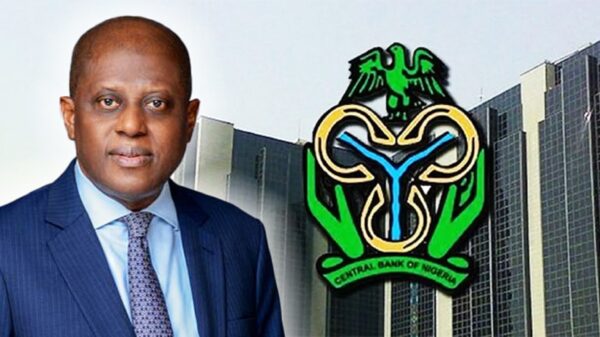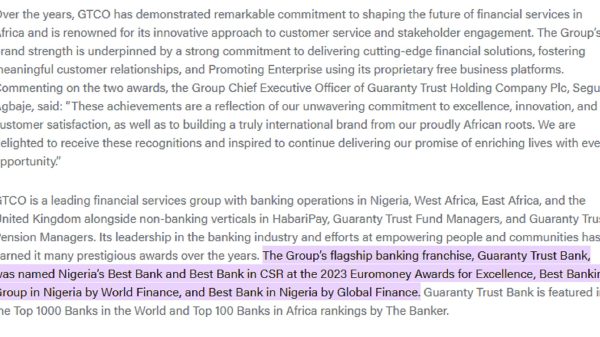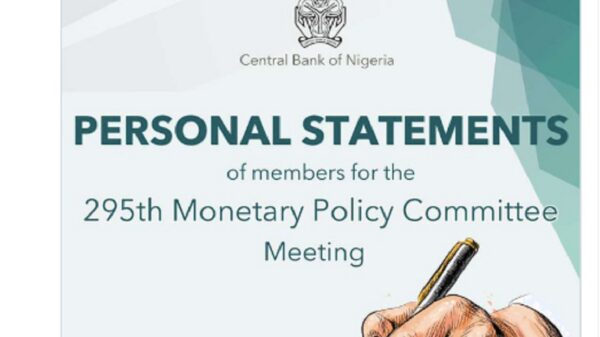In the heart of Nigeria’s energy sector lies a persistent struggle for stable electricity, an issue deeply ingrained in the fabric of the nation. Recently, stakeholders in the power sector convened to address the longstanding problem. However, their consensus resounded: merely changing ownership of distribution companies won’t resolve Nigeria’s erratic electricity crisis.
At a round table in Abuja, attended by over 300 industry professionals, concerns echoed regarding the implementation of cost-effective tariffs. The proposition put forth by the Minister of Power for naira-denominated gas sales faced opposition. Addressing this, Chika Mbonu, a seasoned business analyst, delved into the complexities of Nigeria’s power conundrum.
“Power is something we’ve grappled with for generations,” Chika remarked, expressing a sentiment shared by many Nigerians. The divide between private generators supplying approximately 40,000 megawatts a year versus the government’s contribution of a mere 4,000 megawatts exemplifies the chasm in the power supply landscape.
Delving deeper into the issue, Chika, the business analyst, highlighted the multi-faceted challenges spanning the power spectrum. From the generators requiring gas supply to the transmission and distribution companies struggling to facilitate payments and deliver power to consumers, each element faces impediments.
The core issue, Chika, the business analyst, explained, is not the generation but the distribution of power. Gas supply, transmission, distribution companies, and the regulatory framework all grapple with significant challenges. Passing the ownership baton to state governments poses its own set of hurdles, considering the capacity and governance issues many states currently face.
Chika Mbonu, the business analyst, raised concerns about the capability of state governments to handle such a colossal responsibility given existing financial constraints, governance structures, and minimal investment opportunities. He emphasized the necessity for robust decisions by the government in power, stressing that a comprehensive approach beyond privatization is imperative.
The proposal for cost-reflective tariffs, while promising in theory, triggers skepticism among consumers. Nigerians, grappling with an erratic power supply and resorting to personal generators, are willing to pay for consistent electricity. However, assurances and delivery on promises made by the Ministry of Power are yet to materialize.
Chika, the business analyst, elaborated on the stark realities faced by Nigerian households, where daily life revolves around the uncertainty of power supply. Multiple generators, diesel worries, and sleepless nights due to power outages underscore the daily struggles faced by citizens.
He passionately advocated for a transparent approach: implementing tariff increases with a guarantee of increased power supply. Promises made by the Ministry need to translate into tangible improvements in daily life, offering a more predictable and stable power schedule for citizens.
In essence, Chika Mbonu underscored that addressing Nigeria’s power crisis requires a holistic approach. Mere ownership changes or tariff adjustments won’t suffice. Bold, comprehensive decisions coupled with accountability and transparency are imperative to bridge the gaping chasm in Nigeria’s power sector.
As Chika Mbonu, the business analyst, concluded the discussion, highlighting the pressing need for substantial action, the reality of discarding freshly cooked soup due to power outages struck a poignant chord, encapsulating the everyday struggles of Nigerians amid the power crisis.






















































You must be logged in to post a comment Login